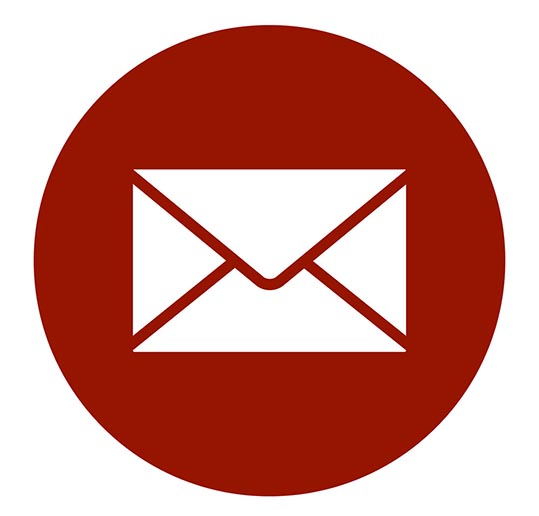Letter: Learnt how to write from Mum

Contributed
Jack Karetai-Barrett
KIA ORA Ms Williams, Thank you for your letter about my work. I started writing last year, for the community service component of my Duke of Edinburgh Bronze award and have since progressed onto my Duke of Edinburgh Gold award.
At first, I found the writing quite difficult. My first article, on recycling, was a humble beginning, and I needed a lot of help from my mum. However, looking back, I’m amazed at how far I’ve come and how much less help I need now.
Growing up with my mum, an academic, has influenced the way I write. My mum often supervises masters and PhD students on all sorts of topics, from green hydrogen to climate change, to emergency management, and global economics. I have always listened to her read her students’ entire doctoral and masters’ theses out loud to the students, which has given me insight into the techniques used in academic writing. I have learned how to write and have also learned from the subject matter.
Mum has taught me that one of the most effective ways to hear the voice of the reader is to read our own work out loud. Our brains know what we mean to say and will fill in gaps that we might not see if we read in our minds. When we read out loud, it changes the way we read the work. Now it’s my habit to read my work out loud before sending it to Whaea Neryda [Beacon editor Neryda McNabb] for publication. This practice helps me ensure that the content of my article makes sense and flows well.
Thank you for your question regarding why we as tangata whenua “identify as Māori” and don’t usually include our non-Māori genealogy. Our whakapapa connects us to the land, it’s part of us, and we’re part of it. Our mountains are our ancestors, and our rivers are the veins of Papatuānuku, carrying water through the land that nourishes us – giving us life. Aotearoa is not just a place where we live, it is a place that we are – the land itself is our identity.
I know that on my maternal grandmother’s side, they were Polish and Danish, and my father is American, but I’ve never been to those places, and I don’t have any connection there. I am connected to this land and this land is connected to me.
It must be difficult for non-Māori whose family have been here for generations, who have lost their connection to where their family have come from, and while they’re not Māori, this is the only home they know. I am sad though, that in the media at the moment there are a lot of non-Māori people who say they are connected to this land, but they don’t like anything Māori, or Māori, and even worse, some of them are destroying the environment to make money – this started with colonisation.
I am glad that at Whakatāne High School we are taught the proper history of colonisation, and we are encourageed to use te reo Māori at school. I am really proud of my school.
Thank you for your kind words, and for taking the time to encourage me.
Ngā mihi nui